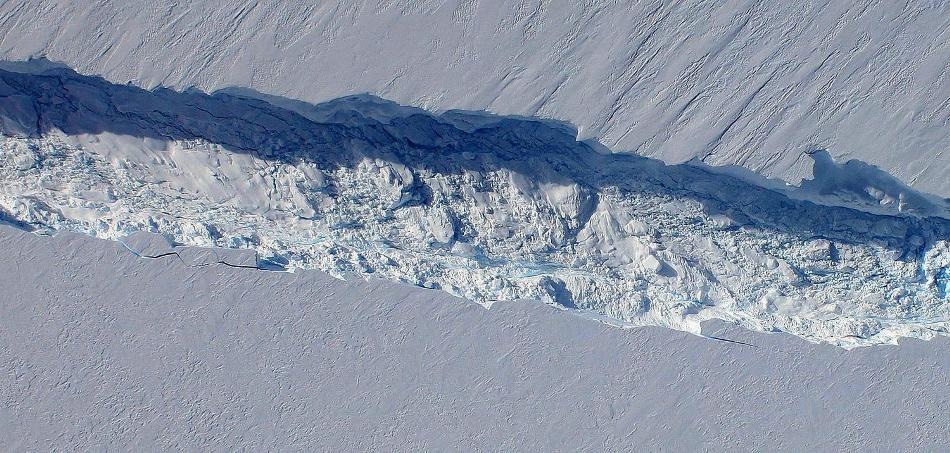Dec 11 2018
According to a new study conducted at the University of Colorado Boulder, depletion of ozone layer has resulted in increased snowfall across Antarctica in the past decades, partly alleviating the ongoing loss of the ice sheet mass of the continent.
 (Image credit: University of Colorado Boulder)
(Image credit: University of Colorado Boulder)
Reported in the journal Geophysical Research Letters, the study reveals a clear signal that links stratospheric ozone loss above the Antarctic region with elevated precipitation, even as those gains have been offset by an even greater rate of ice loss owing to warming oceans, contributing to increased sea levels. Known to be the world’s largest ice sheet and freshwater reservoir, the Antarctic Ice Sheet holds the potential for many feet of sea-level rise in the event of ice melt.
Calving icebergs and melting ice shelves have gotten lots of attention because they’re the most visible impact of ongoing climate change to Antarctica. But the input side of the equation, which is precipitation falling in the form of snow, hasn’t drawn the same level of study.
Jan Lenaerts, Assistant Professor and Study Lead Author, Department of Atmospheric and Oceanic Sciences, University of Colorado Boulder.
During the austral summer, a seasonal thinning of the ozone layer, or an ozone “hole,” forms above Antarctica, affecting atmospheric circulation and producing more powerful circumpolar westerly winds.
Although a previous study had pointed out certain aspects of the association between the climate of the southern hemisphere and ozone depletion, the latest research co-authored by Lenaerts, Brooke Medley of NASA’s Goddard Space Flight Center Cryospheric Sciences Laboratory, and Jeremy Fyke of Los Alamos National Laboratory has specifically examined the impact on Antarctica.
The results of the study complement another NASA-led research, which was headed by Medley and reported in the journal Nature Climate Change, which utilizes observations gained from ice cores to demonstrate that snowfall in Antarctica has increased in the last two centuries and particularly so in the past three decades, indicating that changes in precipitation can be associated with man-made causes like the ozone hole and greenhouse gas emissions.
Two sets of eight climate-modeling simulations were compared by Lenaerts and his coworkers to identify the impact of ozone loss on Antarctic snowfall—one set with observed ozone levels and another set with ozone values maintained constant at levels prior to the initiation of the ozone hole, enabling the team to separate the signal in relation to variability in natural climate.
The detailed analysis encompassing the years from 1955 to 2005 showed increased precipitation in Antarctica at the time of the austral summer. This can be ascribed to lower levels of stratospheric ozone, and which has partly buffered the loss of ice sheet mass.
However, although the results indicate that ozone depletion (earlier the focus of global conservation efforts like the 1987 Montreal Protocol) helps to partly alleviate sea-level rise by increasing precipitation in Antarctica, those mass gains have been more than outpaced by increased calving and melting of icebergs.
The pace at which snowfall is increasing is not keeping up with the ocean-induced losses. The Antarctic Ice Sheet is still losing mass.
Jan Lenaerts, Assistant Professor and Study Lead Author, Department of Atmospheric and Oceanic Sciences, University of Colorado Boulder.